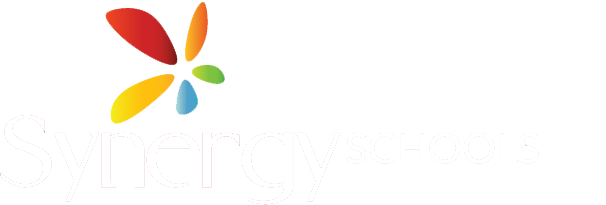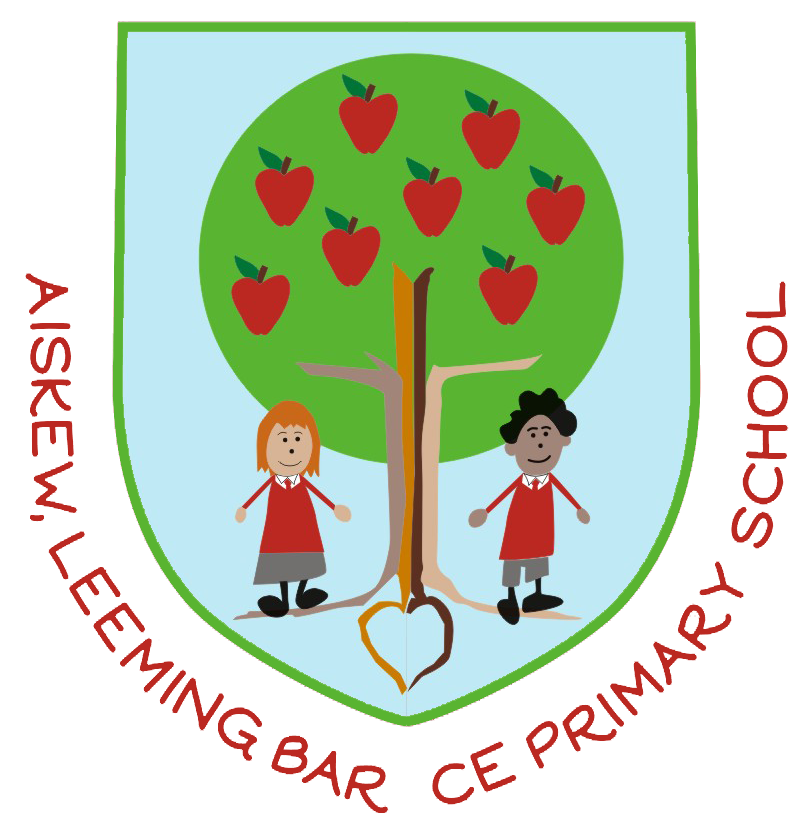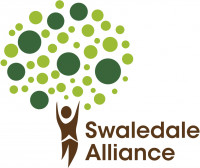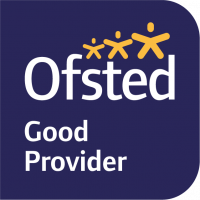Music
Our overall intent is that pupils when they leave Y6 are competent in being able to sing and play the glockenspiel, read and compose using staff notation, know about and use a wide range of musical concepts such as scales and keys and be able to identify and use language to describe musical elements.
In addition to this they will know and understand how musical elements interlink to create a piece of music and be able to talk about the provenance of a range of pieces.
Our golden threads are: songs with a theme: ‘Music is a Peacebuilder and Friendmaker’; ‘Music Is a Storyteller and Time Traveller’; ‘Music Is a Change maker’; ‘Music Is a Builder of Community and Guardian of Cultural Identity’; ‘Music Is a Friend, Guide and Support’; and ‘Music is a Nature Lover and Guardian of the Earth’; composing; listening; and improvising. Within ‘Music is a Peacebuilder and Friendmaker’ and ‘Music is a Nature Lover and Guardian of the Earth’, these fit with our cross-curricular Golden Threads of We are the caretakers of the world and our 8 Christian values, in particular ‘Forgiveness’.
We teach our units using a cyclic curriculum. This grid shows how we build progression into our learning and provide further opportunities to build upon knowledge gained. EYFS are on a 1 year programme. Their learning is taken from the original Charanga scheme of learning. KS1 and KS2 pupils follow the new Charanga scheme of learning which is based around the New Model Music Curriculum. This has been chosen because of its challenge. KS1 pupils enter a 2-year rolling programme at different points and KS2 pupils enter the 4-year rolling programme at different points; it is important that children have the opportunity to revisit learning in order to help it become ‘sticky knowledge’, to further develop skills when using this knowledge and purposefully recap on learning. Not only does this ensure our curriculum fulfils the distinct needs of our learners, it also supports children in being able to remember more because revisiting learning helps it transfer to the long-term memory. In order to do this effectively, we use the Bloom’s rainbow steps to success to ensure children can use knowledge in a variety of higher order ways appropriate to their stage of learning. This way of working is successful for our mixed-aged classes.
Progress in music requires development across three ‘pillars’:
- technical: translating intentions into sound
- constructive: knowledge of how components come together
- expressive: quality, meaning and creativity
The types of musical knowledge required are: substantive (which refers to facts and information e.g. styles, composers, notation, keys, chords, works and songs) and disciplinary (how to sing, play, compose and evaluate, drawing on a wide range of knowledge and skills).
Technical includes:
- The technique of singing (posture, projection, control) and playing instruments (hand and body, control over the instrument) and the overall manipulation of sound.
- Knowledge of technical systems for notation, including competency with staff notation by the end of KS2.
- Technical knowledge of music technology - understanding the music and the technology.
Constructive includes:
- Knowing how music works - concepts such as scales, chords, keys, systems, forms and structure.
- Both deconstructing and constructing music - analysis and creation.
- Musical elements include pitch, texture, tempo, structure, timbre, dynamics and duration.
- Composition
Expressive includes:
- Knowing music’s provenance - its history, culture, social context, geography, purpose and meaning
- Knowing how musical elements work together in an inter-related way to give musical expression
- Applying technical and constructive knowledge to give music a personal meaning
Impact
Children will:
- Enjoy and appreciate a wide variety of musical styles.
- Explore how sounds are made, and how music is produced by a variety of instruments.
- Develop imagination and creativity.
- Build a sense of pulse and rhythm.
- Understand and be able to use a range of musical vocabulary with accuracy and confidence when discussing music.
- Develop the interrelated skills of composition, improvisation, performance and appreciation.
- Enjoy a wide range of songs and sing in tune.
- Develop positive attitudes and to experience success and satisfaction in music.
Curriculum & Progression Documents
Music development plan (Sept 2024)
Music - Progression & Learning
Music - Progression Guide Yr 1 - 6
Music - Progression of Knowledge Yr 1 - 6
Knowledge Organisers & Subject Support
| EYFS | Vocabulary | |
| KS1 | Knowledge Organiser | Vocabulary |
| KS2 | Knowledge Organiser | Vocabulary |
| Glossary | ||
| Styles Yr 1 - 6 | ||
| Musical Elements Yr 1 - 6 | ||





